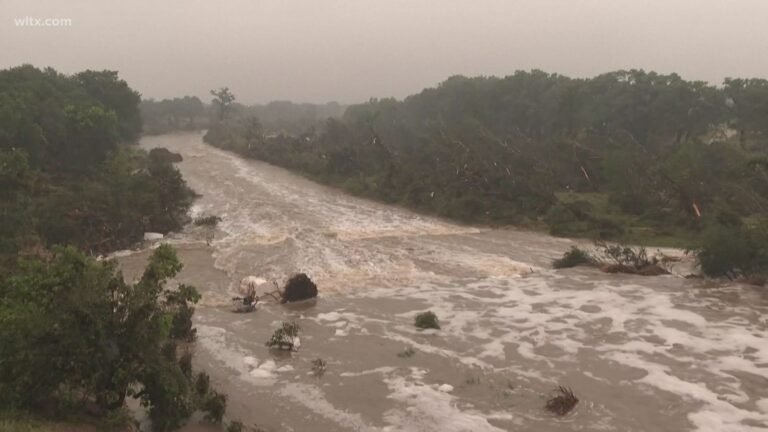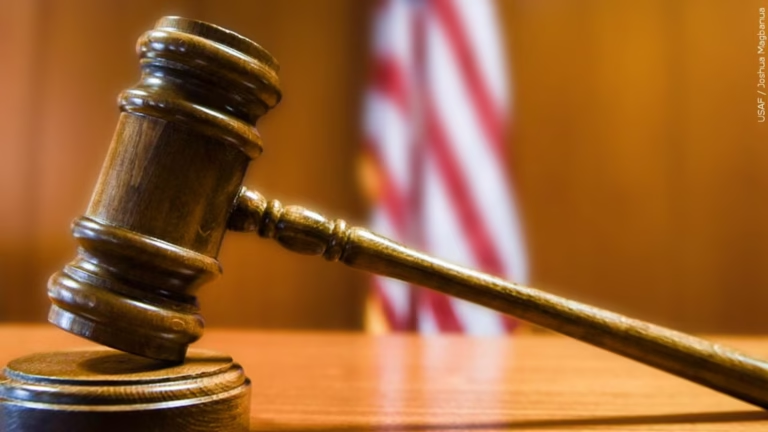Make a Fake 911 Call? South Carolina Just Toughened Penalties — Here’s What You Need to Know
COLUMBIA, S.C. — In 2025, South Carolina cracked down on misuse of emergency communication systems with a law that expands penalties for false or harassing 911 calls, now including text messages as punishable offenses. The new law—House Bill 3531—was signed into effect this spring, updating Section 23‑47‑80 of the state code.
It’s the latest response to a growing trend of fake 911 tips being submitted via smartphone, disrupting emergency operations statewide.
What the Law Said Before
Under previous law, it was already a misdemeanor in South Carolina to:
- Call 911 and hang up repeatedly
- Use the line to harass or abuse dispatchers
- Report false emergencies like fires or crimes
These offenses could result in up to six months in jail or a $200 fine, as outlined in the existing statute and confirmed by legal analysts like Snell Law Firm.
However, the law didn’t cover modern methods like text-to-911, which are now widely used across counties.
What Changed in 2025
House Bill 3531, introduced in the South Carolina House and passed in the 2025–2026 session, specifically amends the law to:
- Add 911 text messages as part of the “false call” definition
- Penalize intentional false reporting by text with the same misdemeanor charge
- Modernize emergency law enforcement protocols in response to new tech
The update was reviewed by the South Carolina Association of Counties and supported by local emergency response networks.
The official bill text clarifies that texting “knowingly false” information to 911 now carries the same consequences as verbal misuse.
What’s the Penalty?
The new law does not increase the penalty amounts—it maintains the current maximum of $200 or six months’ jail time, but it widens the scope of what is prosecutable.
Offenders can now be charged whether they disrupt dispatch via:
- Voice calls
- Text messages
- Any other electronic means
This clarity helps local prosecutors pursue disruptive incidents that previously fell into a gray area.
Why It Matters Now
With the rise of text-to-911 capabilities, particularly for hearing-impaired users or people in crisis situations, false reporting by text has become more frequent.
According to Axios, states like South Carolina that have expanded emergency text options now face greater challenges managing spam, harassment, and false tips.
Local officials say hoaxes—like fake threats sent during school lockdowns—have previously diverted first responders away from real emergencies. This law gives dispatchers and law enforcement more legal backing to penalize those responsible.
What This Means for Saluda County
Agencies in Saluda, Edgefield, and Lexington Counties have reported increased use of text-to-911 since 2023. Officials now say they’re working with dispatch centers to:
- Train staff on identifying suspicious messages
- Log digital abuse reports
- Proactively warn residents through local campaigns
One 911 dispatcher in Saluda told SaludaStandard-Sentinel.com, “We used to get prank calls. Now, it’s prank texts. This law helps us take those seriously without wasting emergency resources.”
What Counts as “False” Under This Law?
Under the revised language, an action may be illegal if it:
- Intentionally misleads 911 with fake claims
- Uses 911 to threaten, insult, or harass staff
- Sends inaccurate data or pictures with intent to cause panic
- Involves text-based hoaxes, like fake school threats or shootings
Accidental calls or confused messages will not be prosecuted—but clear intent to mislead will carry legal consequences.
What Should You Do?
If you need to report a real emergency by text or phone:
- Be accurate about the location and details
- Don’t joke, prank, or test the system
- If you accidentally contact 911, follow up with a correction
You can find full details of the bill and legislative updates via the SC Legislature Portal.
Do you support the stronger penalties? Have you seen 911 misused in your area? Let us know in the comments at SaludaStandard-Sentinel.com — your feedback shapes how we cover law and policy in our local communities.







